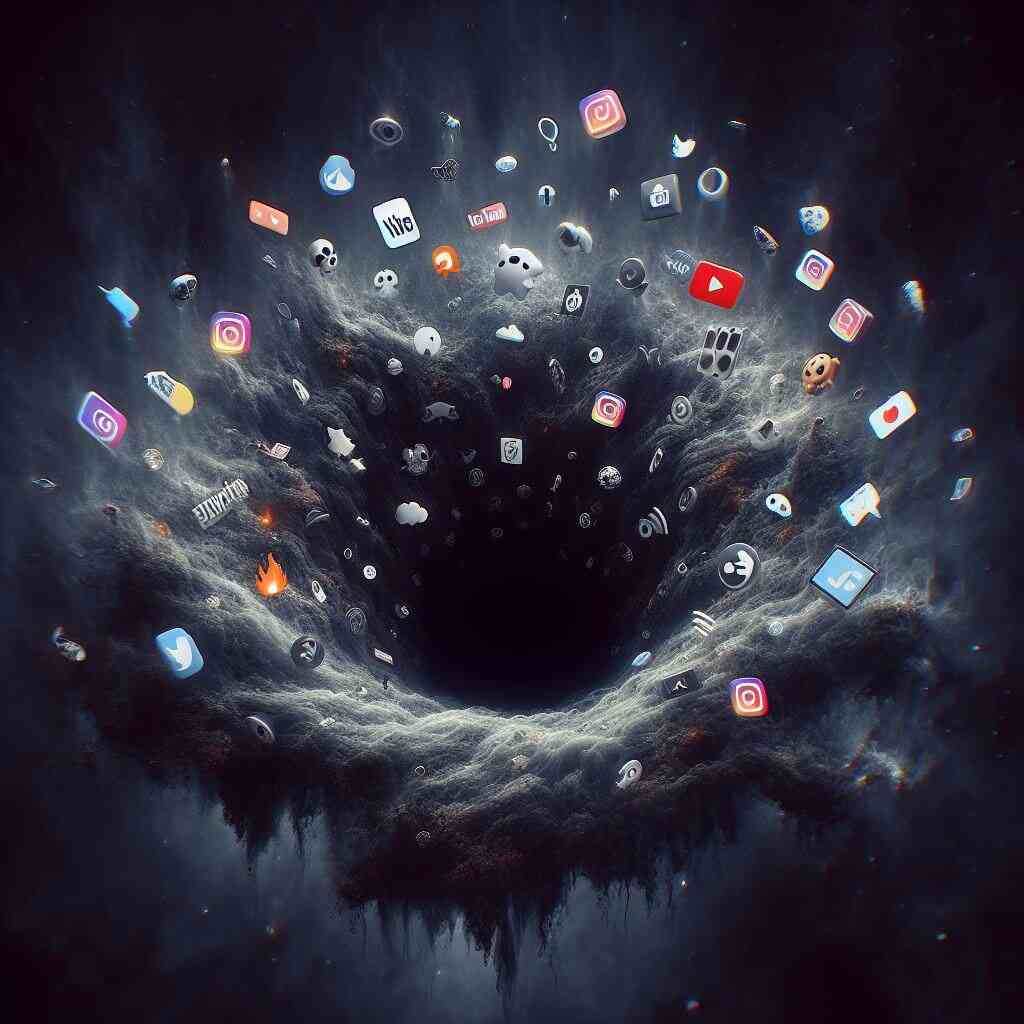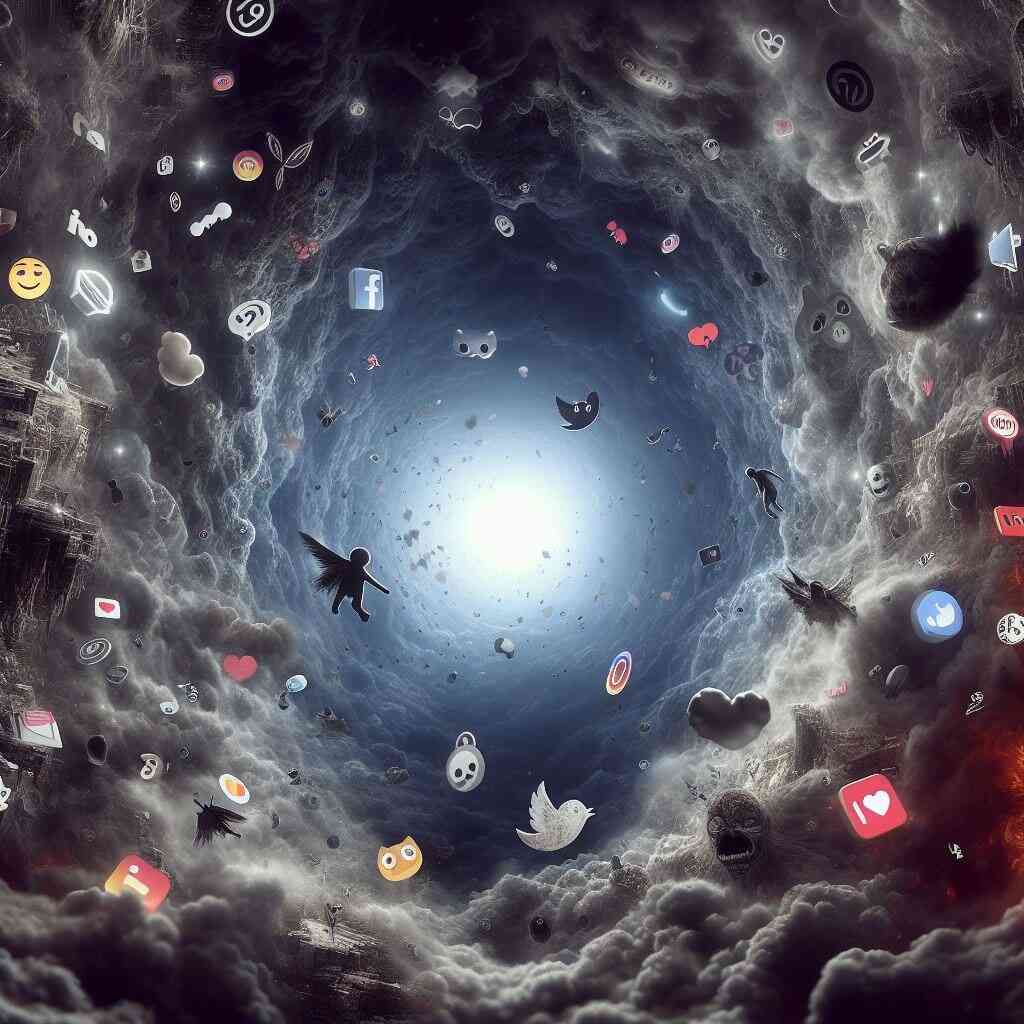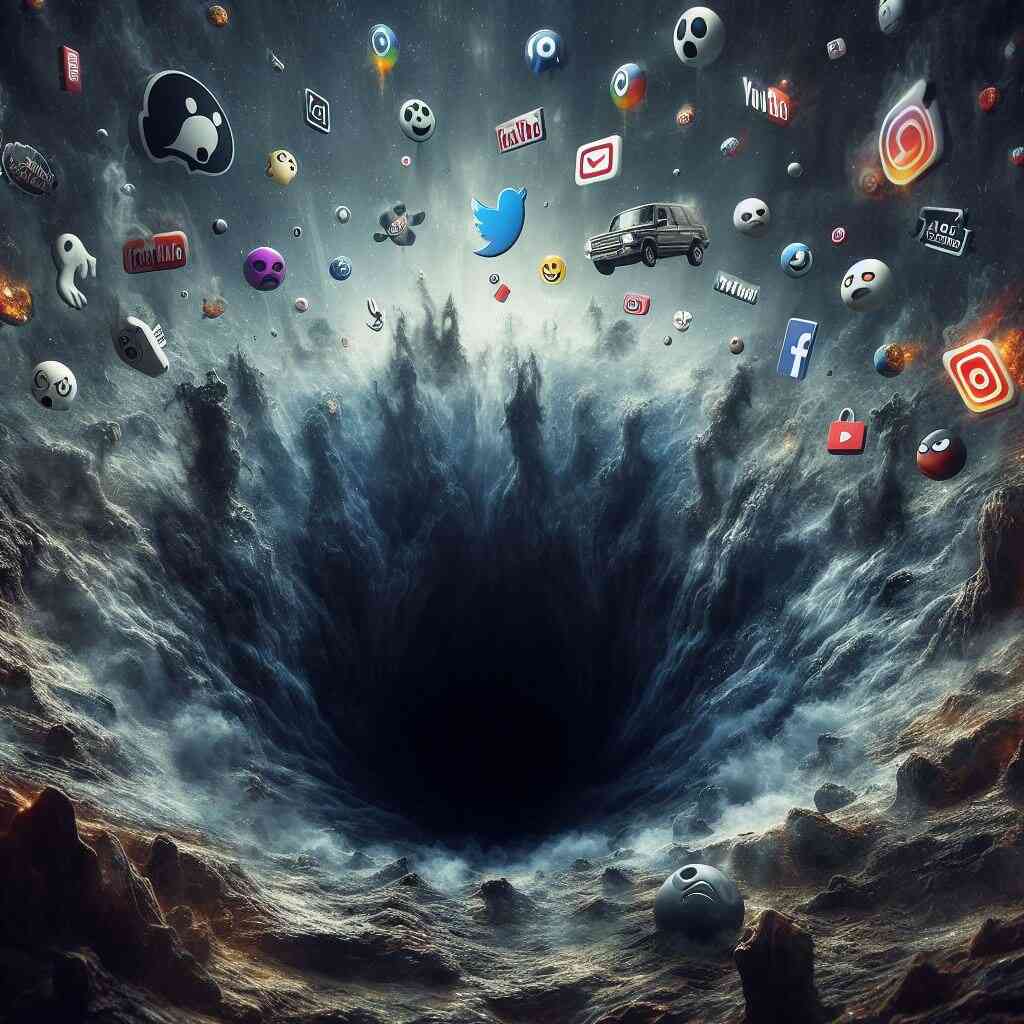
Memes, with their blend of humor, irony, and cultural references, have become an integral part of online discourse and social interaction. However, behind the laughter and shared moments, there exists a darker side to memes—one where humor crosses the line into insensitivity, harm, and perpetuation of harmful stereotypes. In this article, we’ll explore the complexities of meme culture and shed light on the consequences when humor veers into harmful territory.
1. Normalizing Harmful Behaviors:
One of the dangers of memes is their potential to normalize harmful behaviors and attitudes. Memes that make light of serious issues such as violence, substance abuse, or mental illness can trivialize the experiences of those affected and perpetuate harmful stereotypes. What may seem like harmless humor to some can reinforce harmful societal norms and attitudes.
2. Spreading Misinformation:
In the age of social media, memes have become a powerful tool for spreading misinformation and propaganda. Memes can distort facts, misrepresent reality, and manipulate public opinion in subtle and insidious ways. Whether it’s through political memes, conspiracy theories, or fake news, memes have the potential to influence public discourse and shape perceptions of reality.
3. Reinforcing Negative Stereotypes:
Memes often rely on stereotypes and caricatures for comedic effect, but these stereotypes can reinforce harmful prejudices and biases. Memes that perpetuate racist, sexist, or homophobic stereotypes contribute to a culture of intolerance and discrimination, marginalizing vulnerable communities and perpetuating systemic inequalities.

4. Cyberbullying and Harassment:
The anonymity and virality of memes can facilitate cyberbullying and online harassment. Memes that target individuals or groups with malicious intent can cause emotional distress, damage reputations, and perpetuate a toxic online environment. What may start as a joke among friends can quickly escalate into cyberbullying when shared publicly and without context.
5. Impact on Mental Health:
For those on the receiving end of hurtful or offensive memes, the impact on mental health can be profound. Constant exposure to derogatory memes can lead to feelings of shame, self-doubt, and isolation, exacerbating existing mental health challenges. The line between humor and harm becomes blurred when memes contribute to the stigmatization of mental illness or trivialize the struggles of those affected.
6. Lack of Accountability:
One of the challenges of meme culture is the lack of accountability for those who create and share harmful content. Memes often spread rapidly across social media platforms, making it difficult to trace their origins or hold individuals accountable for their actions. This lack of accountability can embolden individuals to engage in harmful behavior without facing consequences.
7. Promoting Toxic Masculinity and Gender Norms:
Memes can perpetuate harmful gender stereotypes and norms, particularly around masculinity and femininity. Memes that glorify toxic masculinity, promote misogynistic attitudes, or reinforce rigid gender roles contribute to a culture of sexism and gender-based violence. By perpetuating harmful stereotypes, these memes contribute to a hostile environment for women and gender minorities.

8. Fostering Division and Polarization:
In an increasingly polarized world, memes can exacerbate divisions and fuel tribalism. Memes that mock or belittle opposing viewpoints, political ideologies, or marginalized communities can deepen societal rifts and undermine constructive dialogue. Instead of fostering empathy and understanding, these memes contribute to a culture of hostility and distrust.
Conclusion:
While memes have the power to entertain, connect, and inspire, they also have the potential to harm, offend, and divide. As creators and consumers of memes, it’s essential to recognize the impact of our words and actions and strive to promote empathy, inclusivity, and respect in online spaces. By challenging harmful stereotypes, rejecting misinformation, and fostering a culture of accountability and empathy, we can harness the positive potential of memes while mitigating their darker side.
